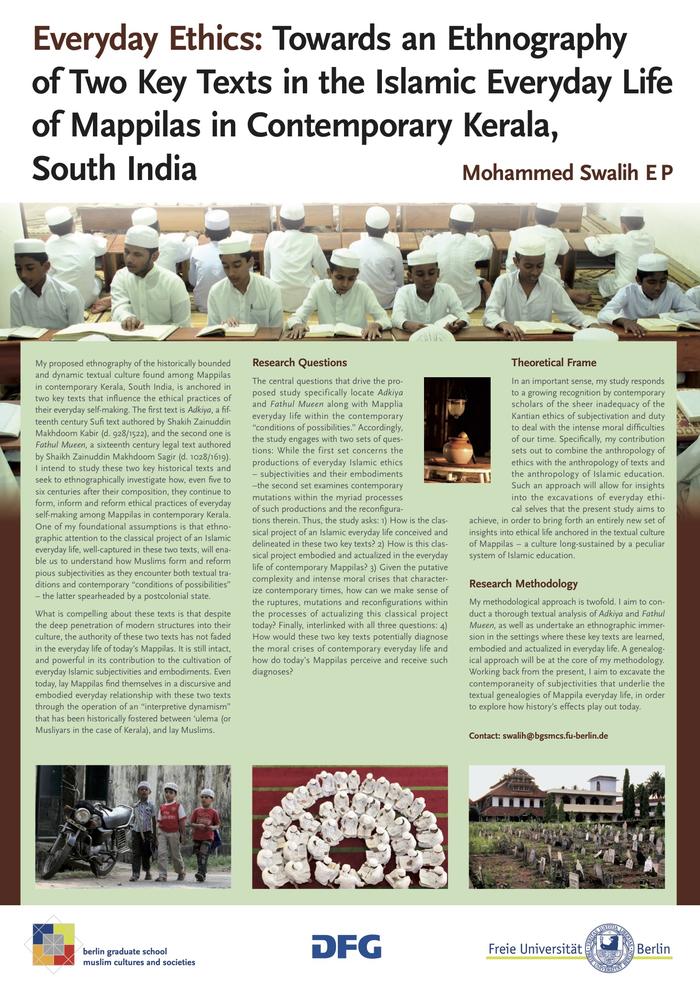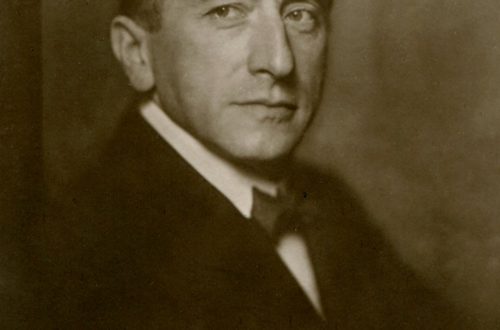
Ziyadullah Mukadasovich Shahidi (Ziyadullah Shahidi) |
Ziyadullah Shahidi
Z. Shakhidi is one of the founders of modern professional musical art in Tajikistan. Many of his songs, romances, operas and symphonic works entered the golden fund of the musical classics of the republics of the Soviet East.
Born in pre-revolutionary Samarkand, one of the main centers of the culture of the Ancient East, and raised in difficult conditions, Shakhidi always sought to promote the establishment of a new meaningful direction in the art of the post-revolutionary era, musical professionalism that was not previously characteristic of the East, as well as modern genres that appeared as a result of contacts with the European musical tradition.
Like a number of other pioneering musicians in the Soviet East, Shakhidi began by mastering the basics of traditional national art, studied professional composing skills at the national studio at the Moscow Conservatory, and then at its national department in the composition class of V. Feret (1952-57). His music, especially songs (over 300), becomes extremely popular and loved by the people. Many melodies of Shakhidi (“Victory holiday, Our house is not far away, Love”) are sung everywhere in Tajikistan, they are loved in other republics, and abroad – in Iran, Afghanistan. The composer’s rich melodic gift also manifested itself in his romance work. Among the 14 samples of the genre of vocal miniature, the Fire of Love (at Khiloli station), and Birch (at S. Obradovic station) stand out especially.
Shakhidi is a composer of happy creative destiny. His bright artistic gift was equally interestingly manifested in two sometimes sharply divided spheres of modern music – “light” and “serious”. Few contemporary composers have managed to be so loved by the people and at the same time create bright symphonic music at a high level of professional skill using the means of modern composing techniques. This is exactly what his “Symphony of the Maqoms” (1977) is like with the expression of dissonant and disturbing colors.
Her orchestral flavor is based on sonor-phonic effects. The written out aleatoric, the dynamics of forcing ostinato complexes are in line with the latest composing styles. Many pages of the work also recreate the strict purity of the ancient Tajik monody, as the bearer of spiritual and ethical values, to which the general current of musical thought constantly returns. “The content of the work is multifaceted, in an artistic form touching on such eternal and important topics for the art of our days as the struggle between good and evil, light against darkness, freedom against violence, the interaction of traditions and modernity, in general, between the artist and the world,” writes A. Eshpay.
The symphonic genre in the composer’s work is also represented by the brightly colorful Solemn Poem (1984), which revives the images of festive Tajik processions, and works of a more moderate, academic style: five symphonic suites (1956-75); symphonic poems “1917” (1967), “Buzruk” (1976); vocal-symphonic poems “In Memory of Mirzo Tursunzade” (1978) and “Ibn Sina” (1980).
The composer created his first opera, Comde et Modan (1960), based on the poem of the same name by the classic of oriental literature Bedil, during the period of the highest creative flowering. It has become one of the best works of the Tajik opera scene. The widely chanted melodies “Comde and Modan” gained great popularity in the republic, entered the classical repertoire of Tajik bel canto masters and the all-Union fund of opera music. The music of Shakhidi’s second opera, “Slaves” (1980), created based on the works of the classic of Tajik Soviet literature S. Aini, received great recognition in the republic.
Shakhidi’s musical heritage also includes monumental choral compositions (oratorio, 5 cantatas to the words of contemporary Tajik poets), a number of chamber and instrumental works (including the String Quartet – 1981), 8 vocal and choreographic suites, music for theater productions and films .
Shahidi also devoted his creative powers to social and educational activities, speaking on the pages of the republican and central press, on radio and television. An artist of “public temperament”, he could not be indifferent to the problems of the modern musical life of the republic, could not help but point out the shortcomings that hinder the organic growth of the young national culture: “I am deeply convinced that the duties of a composer include not only the creation of musical works, but also propaganda of the best examples of musical art, active participation in the aesthetic education of the working people. How music is taught in schools, what songs children sing at holidays, what kind of music young people are interested in … and this should worry the composer.
E. Orlova





